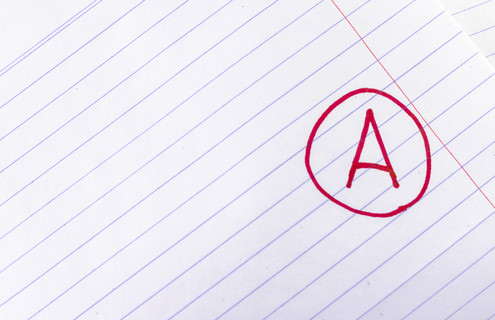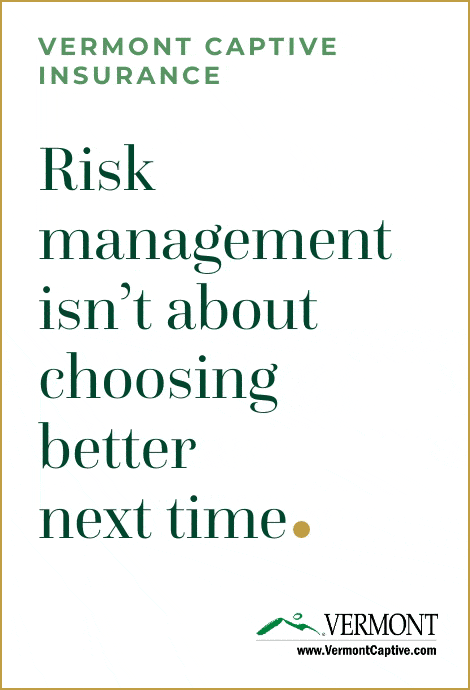Dorinco Reinsurance Company, the captive reinsurance company of The Dow Chemical Company, has had its financial strength rating of A (Excellent) and its long-term issuer credit rating of “a” affirmed by A.M. Best.
The outlook of the Missouri-based ratings remains stable.
The ratings are reflective of Dorinco’s balance sheet strength, categorised as very strong, in addition to its strong operating performance, limited business profile and appropriate enterprise risk management.
Dorinco is a wholly owned subsidiary of Liana Limited, which is ultimately a wholly owned subsidiary of Dow.
The captive was created as a tool to help Dow efficiently manage its risks and insurance liabilities.
Dorinco issues direct property and liability insurance policies to Dow and certain related companies and participates in property and casualty reinsurance treaties covering Dow or related parties with other insurance companies.
The captive also writes a book of uncorrelated third-party business of largely non-standard auto, which, according to A.M. Best, “is stable and short-tailed and serves to reduce the volatility of its Dow-related captive business.”
Dorinco has continued to deliver strong overall earnings and underwriting results while maintaining very strong risk-adjusted capitalization and a conservative investment portfolio since it implemented this model a number of years ago.
Offsetting these rating factors partially is Dorinco’s limited business profile as a single-parent captive and mono-line reinsurer.
A continued and profitable operating performance, an enhancement of Dorinco’s profile in the reinsurance market, or an improvement in the risk-adjusted capitalisation could cause positive rating action.
Negative rating action could occur if there are unfavorable operating profitability trends, significant catastrophe or investment losses, a significant decline in risk-adjusted capitalization or loss of parental support.






